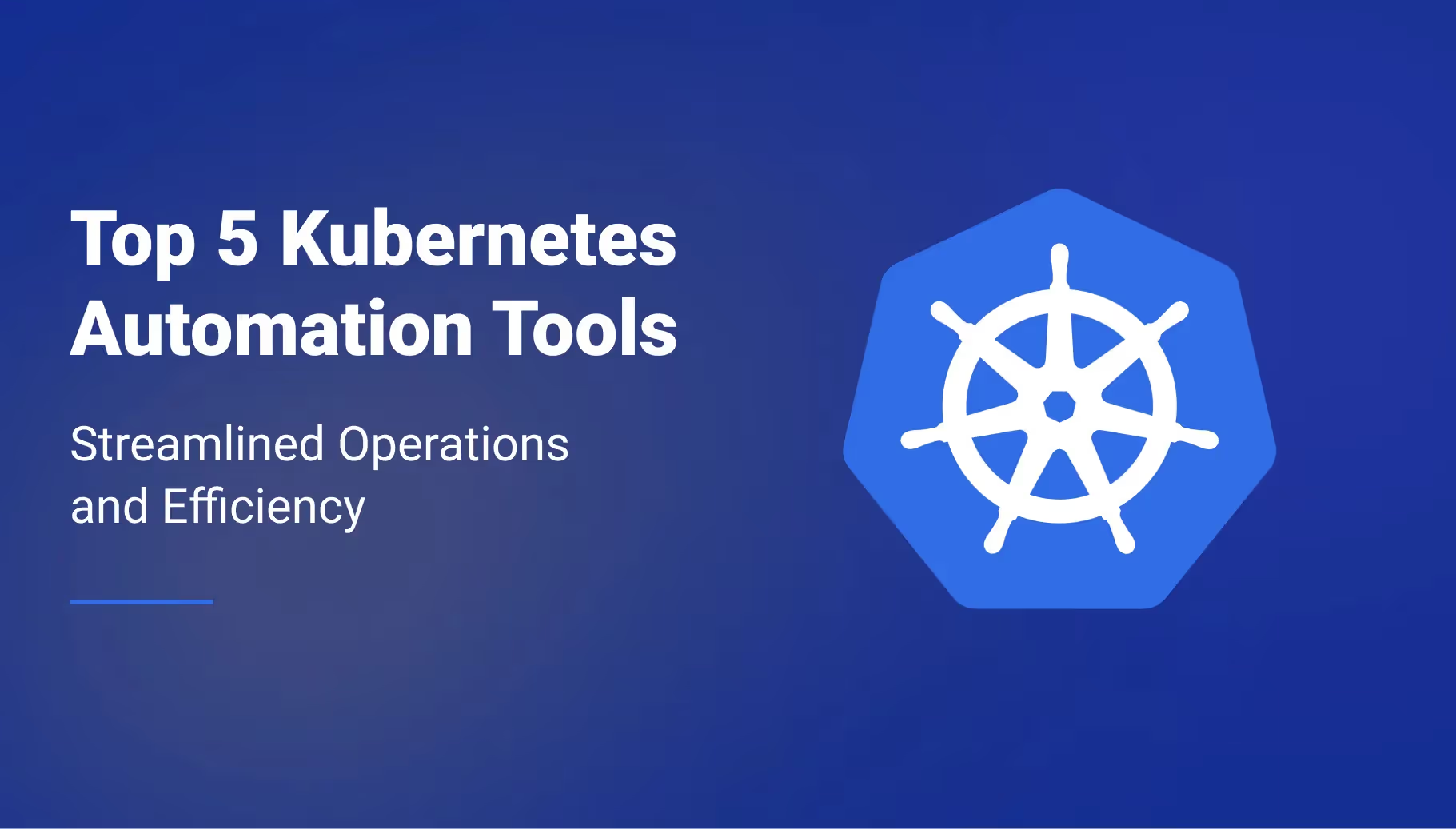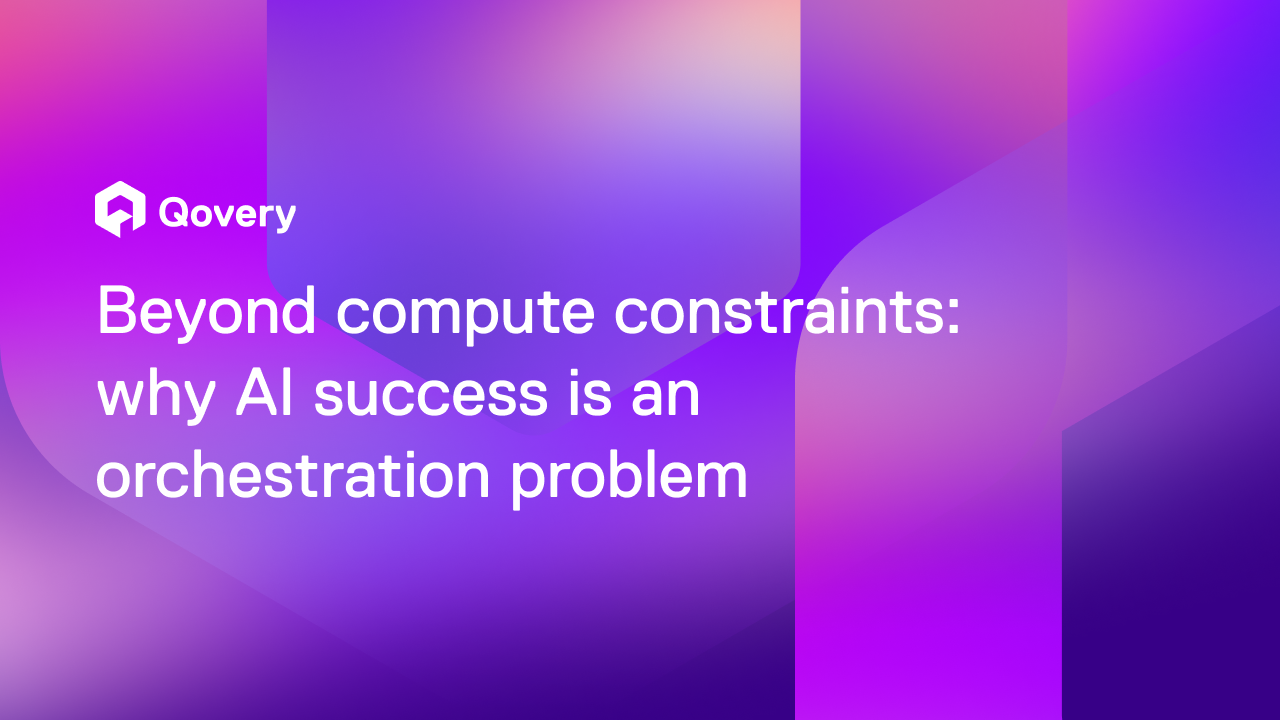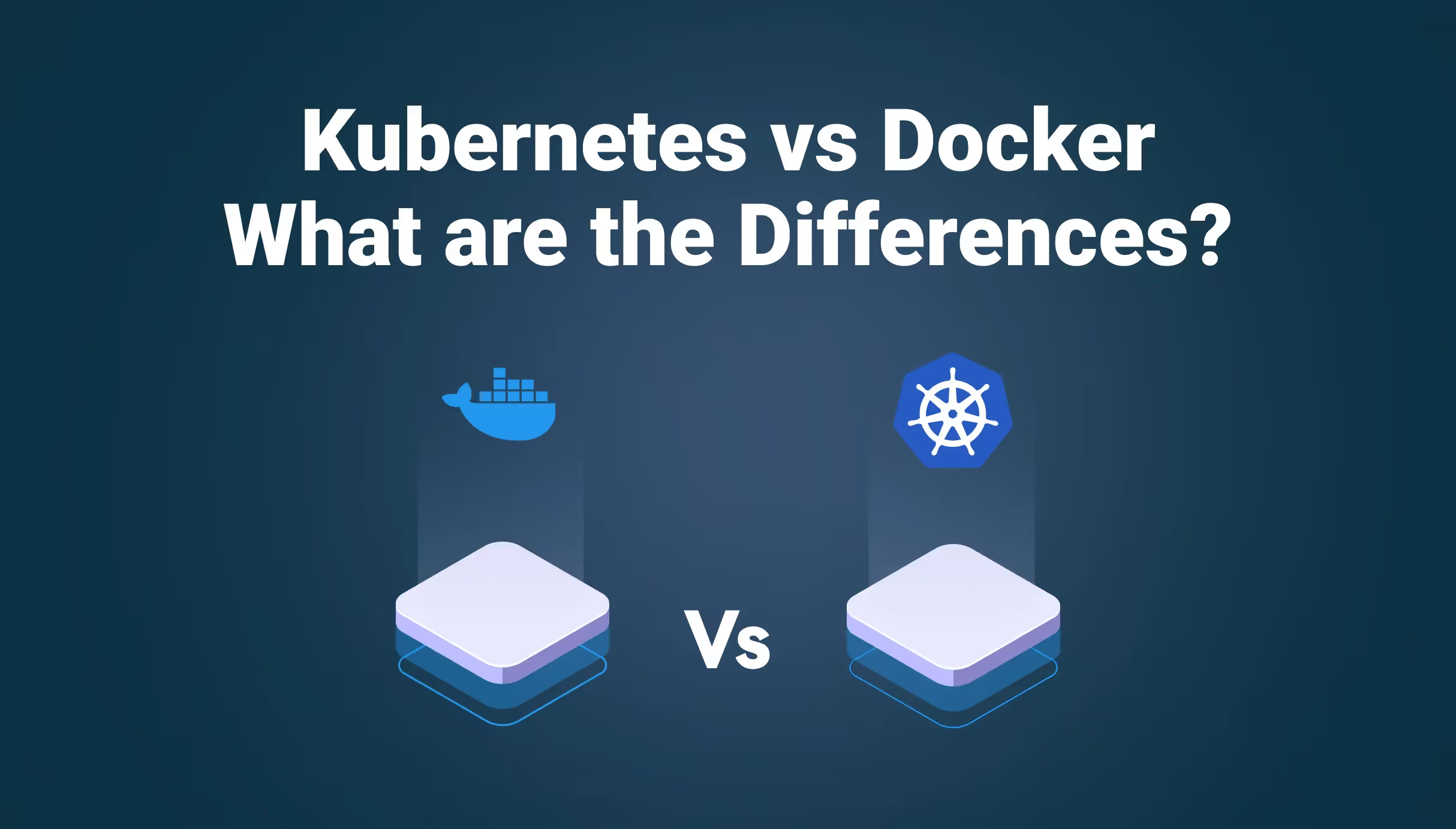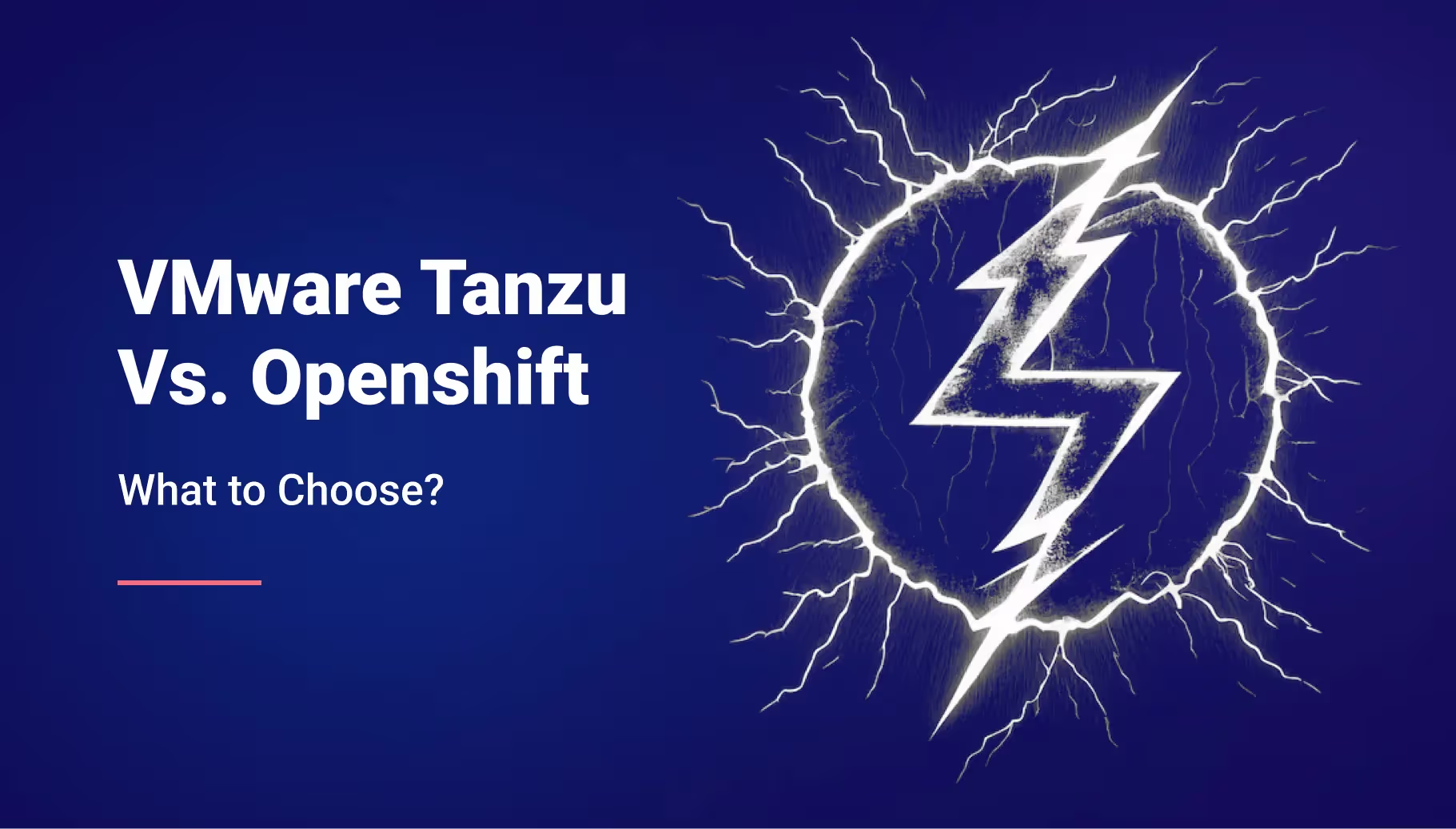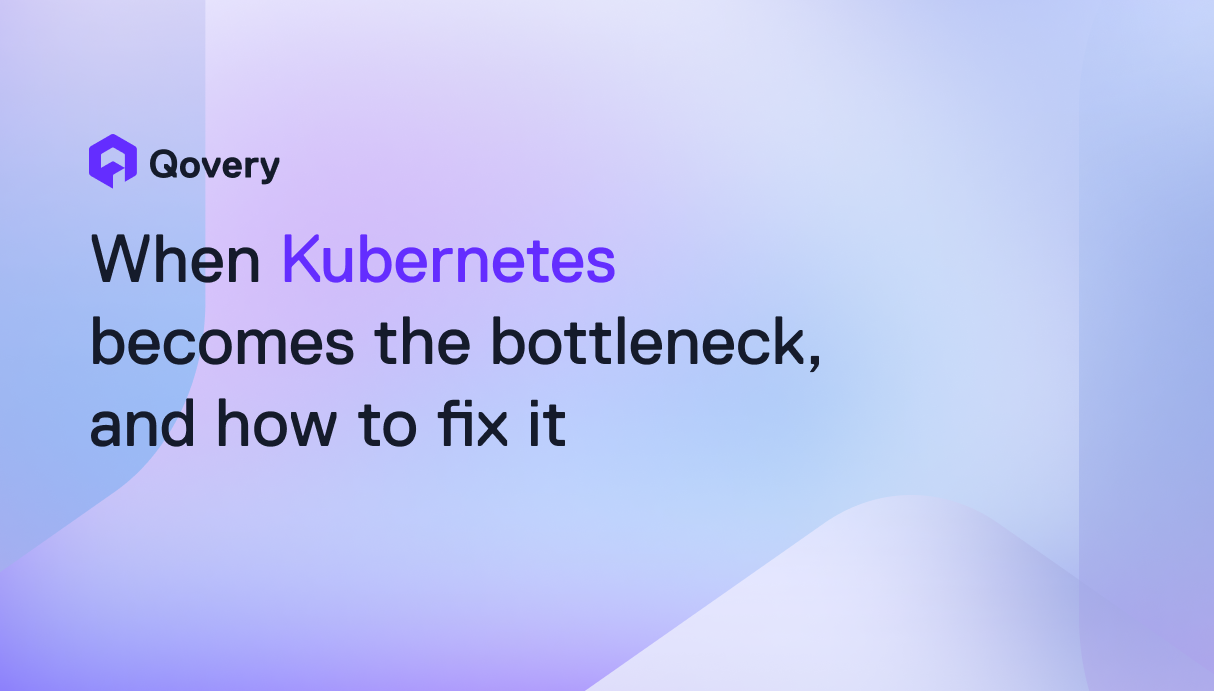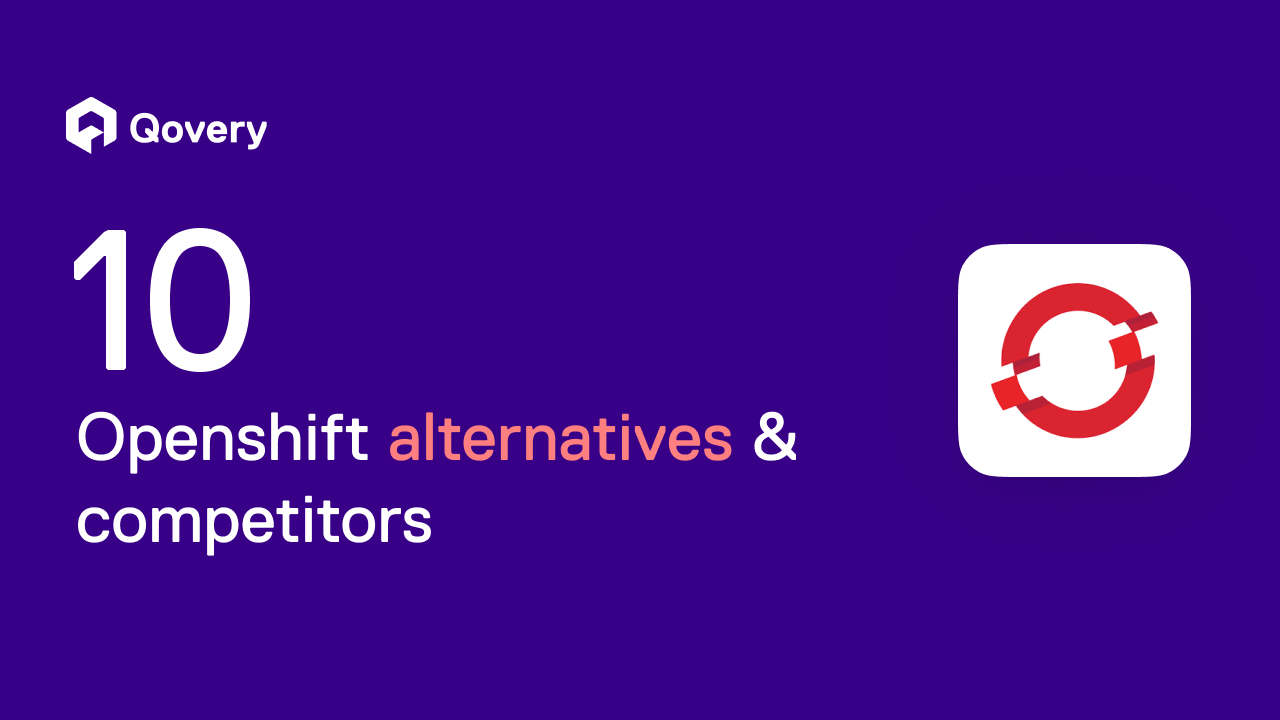

10 Best CI/CD Platforms for DevOps Teams: Automate Pipelines at Scale

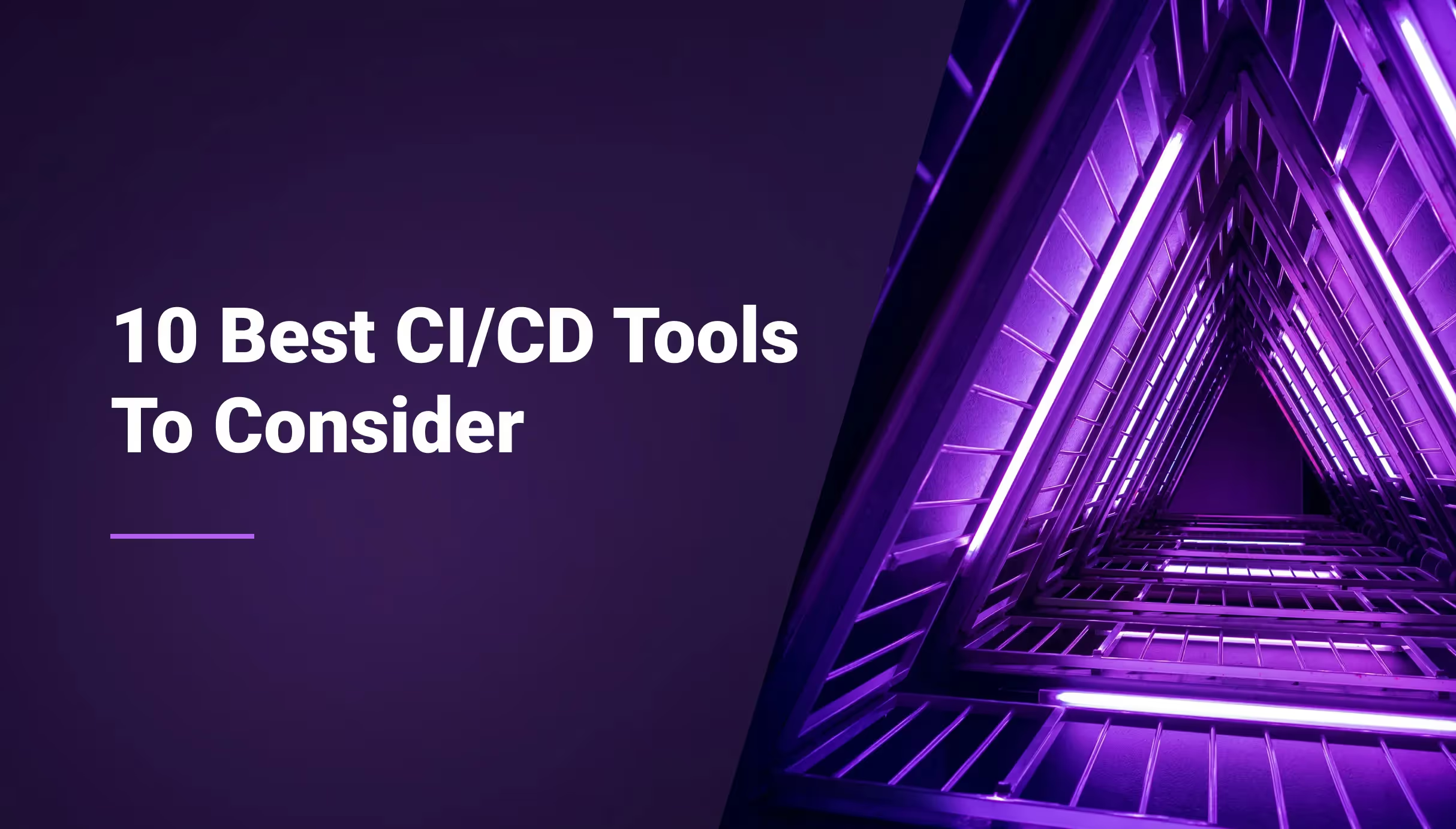

Key Points:
- Beyond Simple Automation: CI/CD for DevOps is about creating "Golden Paths." It’s not just about building code; it’s about standardizing the path to production to ensure security, compliance, and speed.
- Infrastructure as Code (IaC) Integration: Modern DevOps requires CI/CD tools that play well with Kubernetes, Terraform, and Crossplane. The right tool should bridge the gap between application code and infrastructure provisioning.
- The Rise of Ephemeral Environments: Static staging environments are a DevOps bottleneck. Tools like Qovery are shifting the paradigm by automating "Environment as a Service," allowing DevOps teams to provide self-service testing environments without manual overhead
CI/CD platforms are now an integral part of any software development approach. They help teams to automate critical phases of their workflow, from seamlessly integrating new code to swiftly deploying updates. CI/CD tools not only streamline operations but also promote continuous improvement.
This article will highlight the top CI/CD platforms to consider, each offering unique features to support the dynamic needs of development teams across the globe.
Why CI/CD Is Essential For Software Development?
CI/CD (Continuous Integration / Continuous Delivery) is a strategic practice that automates and enhances the software development lifecycle. It goes beyond a simple technical upgrade to improve efficiency and collaboration.
Here's why it's essential for modern development:
- Accelerates Time to Market: By automating the build, test, and deployment processes, CI/CD enables teams to deliver new features and updates to users quickly and efficiently. This speed allows for a faster response to market demands and user feedback.
- Enhances Code Quality: Automated pipelines provide developers with immediate feedback on their code, allowing them to detect and fix errors early. This process helps maintain a high standard of code quality and reduces the risk of bugs in the final product.
- Fosters a Collaborative Culture: CI/CD pipelines break down silos between development and operations teams, creating a more transparent and cohesive workflow. This fosters a culture of continuous improvement, where developers can commit code more often and work together to deliver agile, resilient software.
The Top 10 CI/CD Platforms to Accelerate Your Software Delivery
1. Qovery
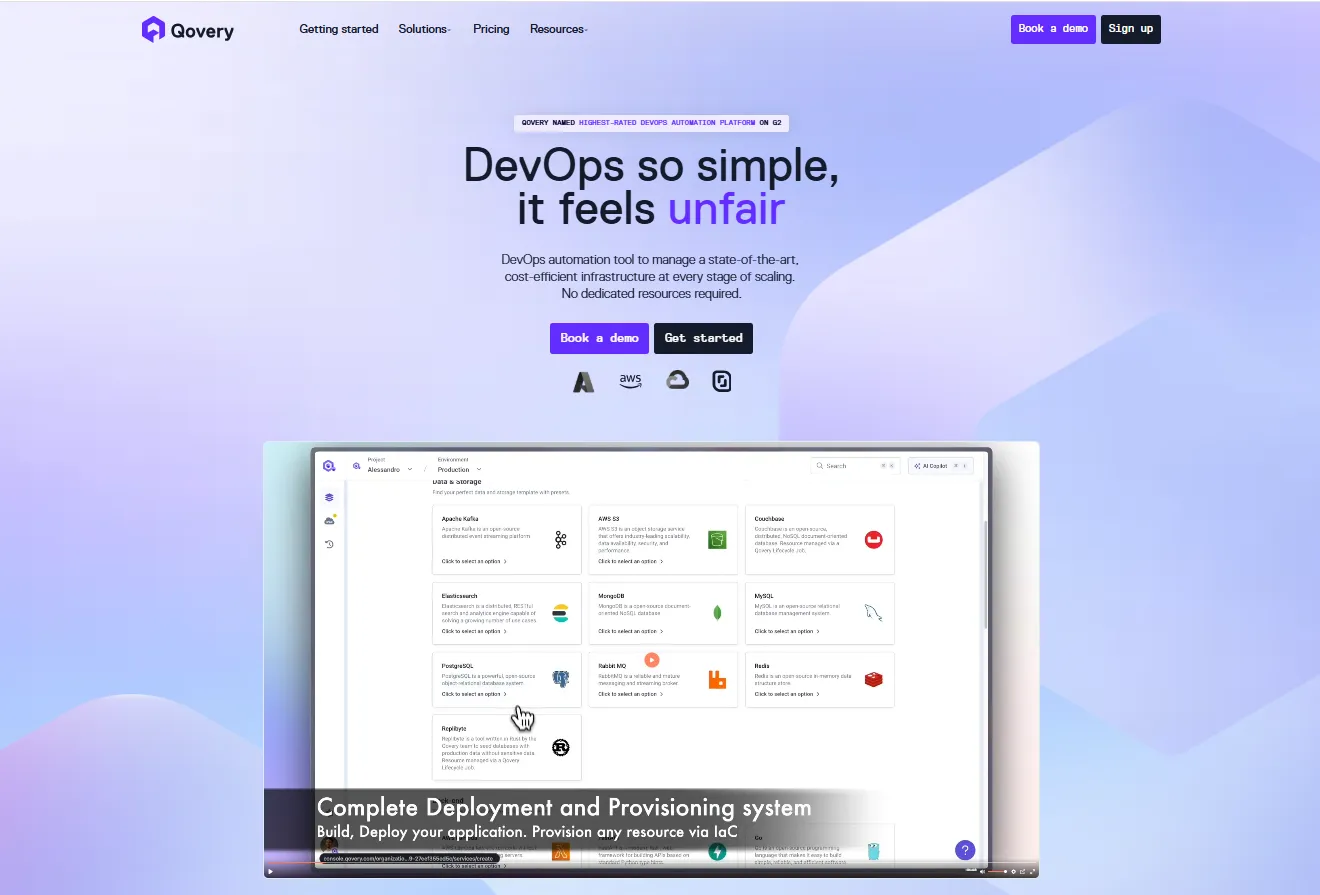
While not a traditional CI/CD tool, Qovery Deploy is a CI/CD tool that is designed to streamline and simplify many of the complexities of the CI/CD pipeline. It stands apart by focusing on automating the infrastructure and environment management aspects of the process, rather than just the build and test steps.
This allows Qovery to handle the "heavy lifting" of provisioning and deployment, effectively eliminating bottlenecks and freeing developers to dedicate more time to coding.
Its key benefits include:
- Simplifies Complex CI/CD: Qovery stands out by simplifying the complexities of CI/CD, particularly in cloud environments.
- Accelerates Development: Its innovative approach automates CI/CD tasks and uses ephemeral environments to speed up development cycles and improve team collaboration.
- Transforms Workflows: The platform is not just a tool but a transformative platform that helps developers streamline their workflows with greater efficiency and precision.
- Enhances Agility: Qovery's strengths help teams handle the challenges of fast-paced software delivery with confidence and agility.
2. Harness

Harness is a cutting-edge Continuous Delivery (CD) platform that revolutionizes the way software deployments are executed through its emphasis on smart automation. By leveraging features like security checks at every stage and ensuring scalability to handle growing application demands, Harness ensures that deployments are not only rapid but also secure and capable of scaling alongside your business.
A distinctive feature of Harness is its self-service capabilities, which empower developers and operations teams to independently manage and optimize their deployment pipelines. Furthermore, its AI-driven insights offer actionable recommendations to enhance deployment efficiency, making complex deployments more manageable and less time-consuming.
3. GitLab

GitLab stands as a comprehensive platform that spans the entire software development lifecycle, from initial planning through to monitoring post-deployment. It is distinguished by its fully integrated Continuous Integration/Continuous Deployment (CI/CD) capabilities, which automate the process of software release, thereby facilitating a smoother, more efficient workflow.
GitLab’s commitment to supporting the entire DevOps lifecycle enables teams to work collaboratively and efficiently, reducing the time to market for new features and updates. The platform's inclusive approach to software development, testing, and deployment within a single, unified application simplifies project management and enhances team productivity.
4. Semaphore
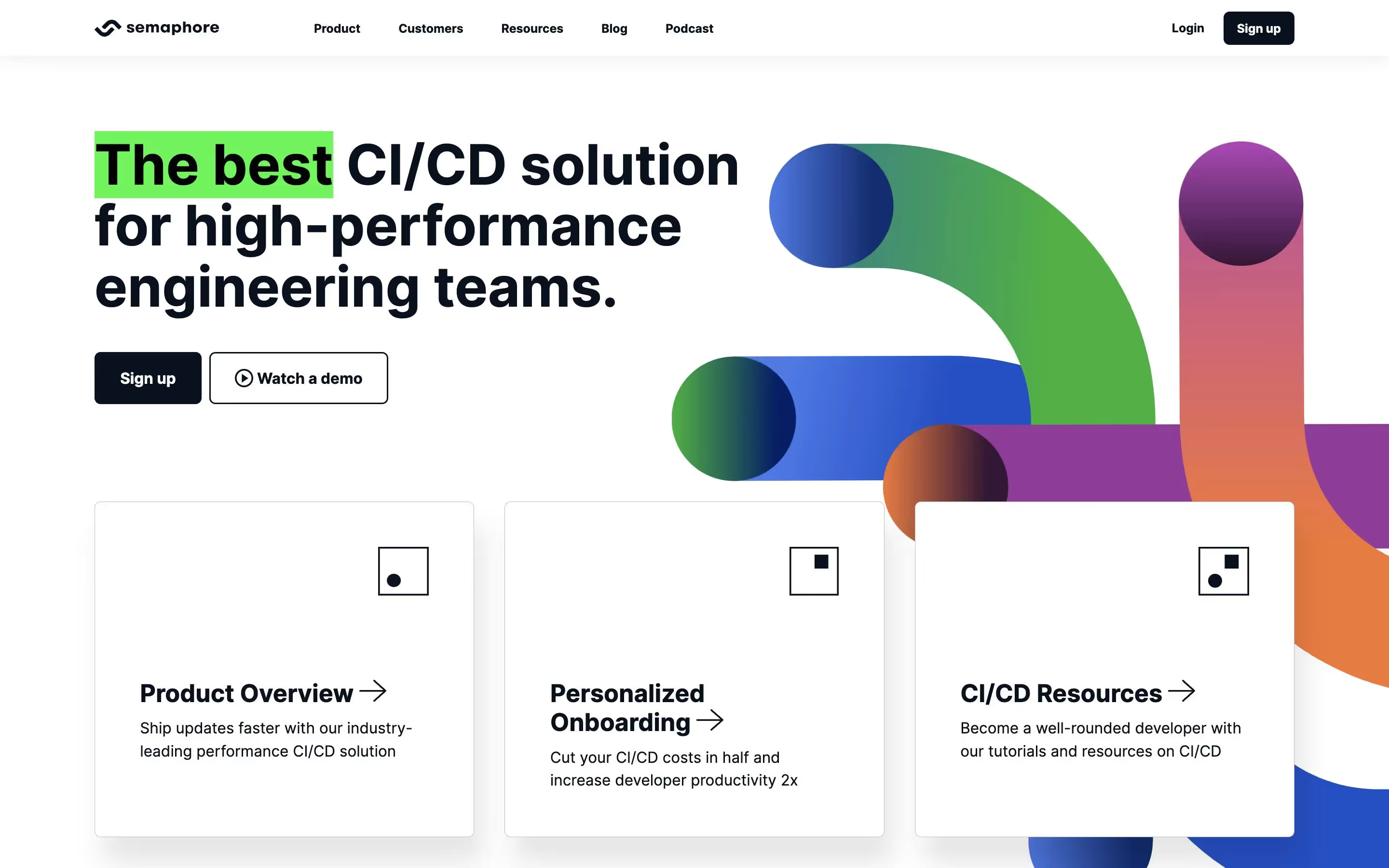
Semaphore stands out in the world of CI/CD with its high-performance capabilities and emphasis on fast feedback loops. Designed for agile software development practices, Semaphore enables developers to quickly iterate and deploy code by providing rapid build and test results. This speed is crucial for identifying issues early and maintaining high development velocity.
Furthermore, Semaphore is celebrated for its ease of use and robust support for complex workflows, accommodating even the most demanding projects. With Semaphore, teams can easily scale their CI/CD pipelines, integrate with numerous tools and services, and optimize their development processes for efficiency and effectiveness.
5. CircleCI
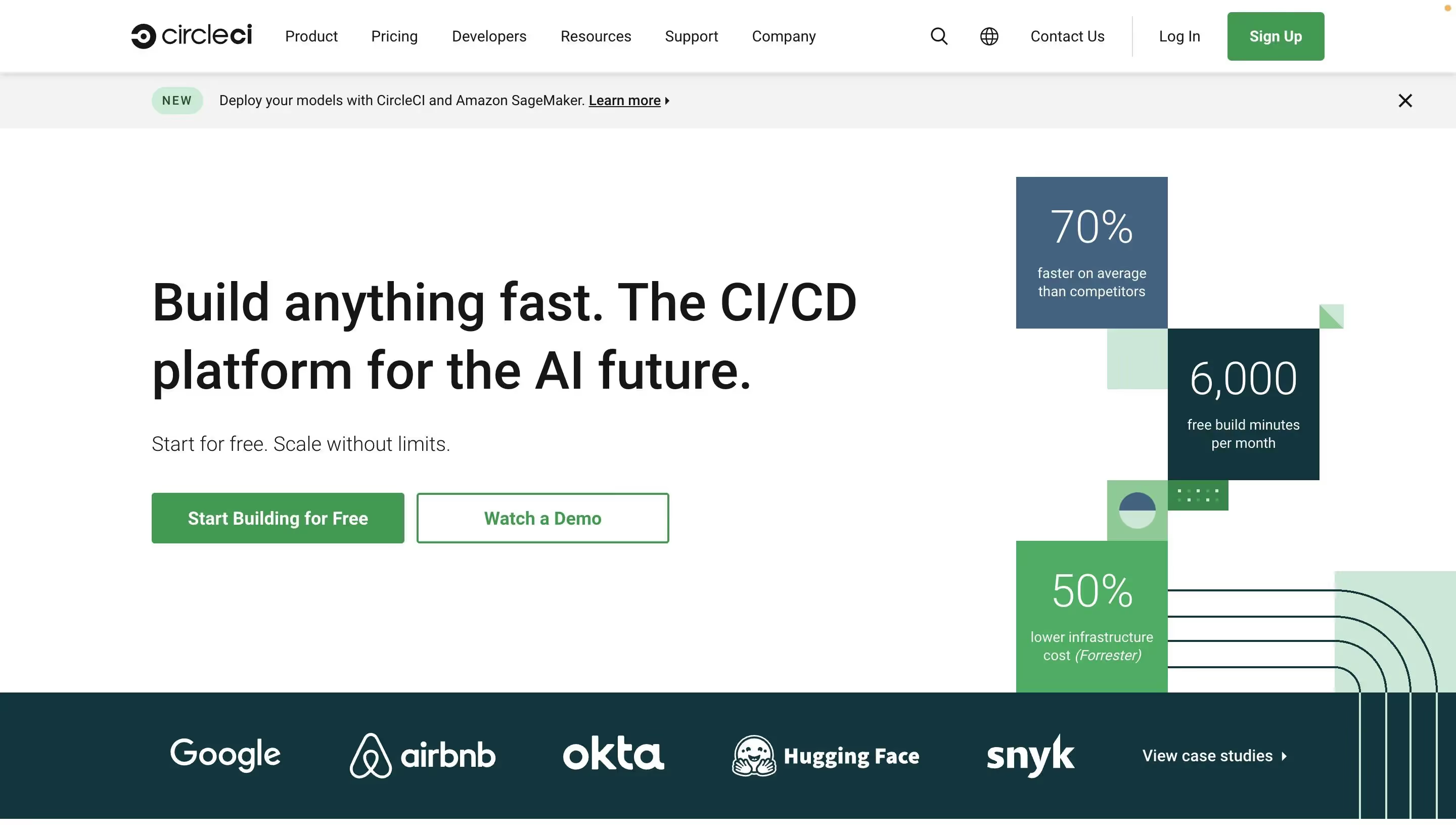
CircleCI excels in providing developers with robust automation tools that are designed to be intuitive and quick to set up, making the adoption of CI/CD practices more accessible. Its platform is known for its extensive ecosystem, offering numerous integration options that cater to various development environments, whether cloud-native or on-premises.
CircleCI’s focus on flexibility and customization allows teams to tailor their CI/CD pipelines to fit their specific project needs, thereby optimizing build, test, and deployment processes. This adaptability, combined with a comprehensive suite of tools, makes CircleCI a valuable asset for improving efficiency and accelerating software delivery cycles.
6. CloudBees

CloudBees offers an enterprise-level solution that enhances Jenkins, a cornerstone in the automation server domain, by adding advanced features designed to meet the needs of large-scale businesses. CloudBees extends Jenkins by focusing on DevSecOps, integrating security deeply into the software development lifecycle, thereby ensuring that security considerations are an integral part of the development process from the start.
It also addresses the challenge of scalability, providing large organizations with the tools they need to efficiently manage complex, multi-team projects. By focusing on these areas, CloudBees helps enterprises streamline their CI/CD and software delivery processes, ensuring that scalability and security are not bottlenecks in software development and deployment efforts.
7. Jenkins
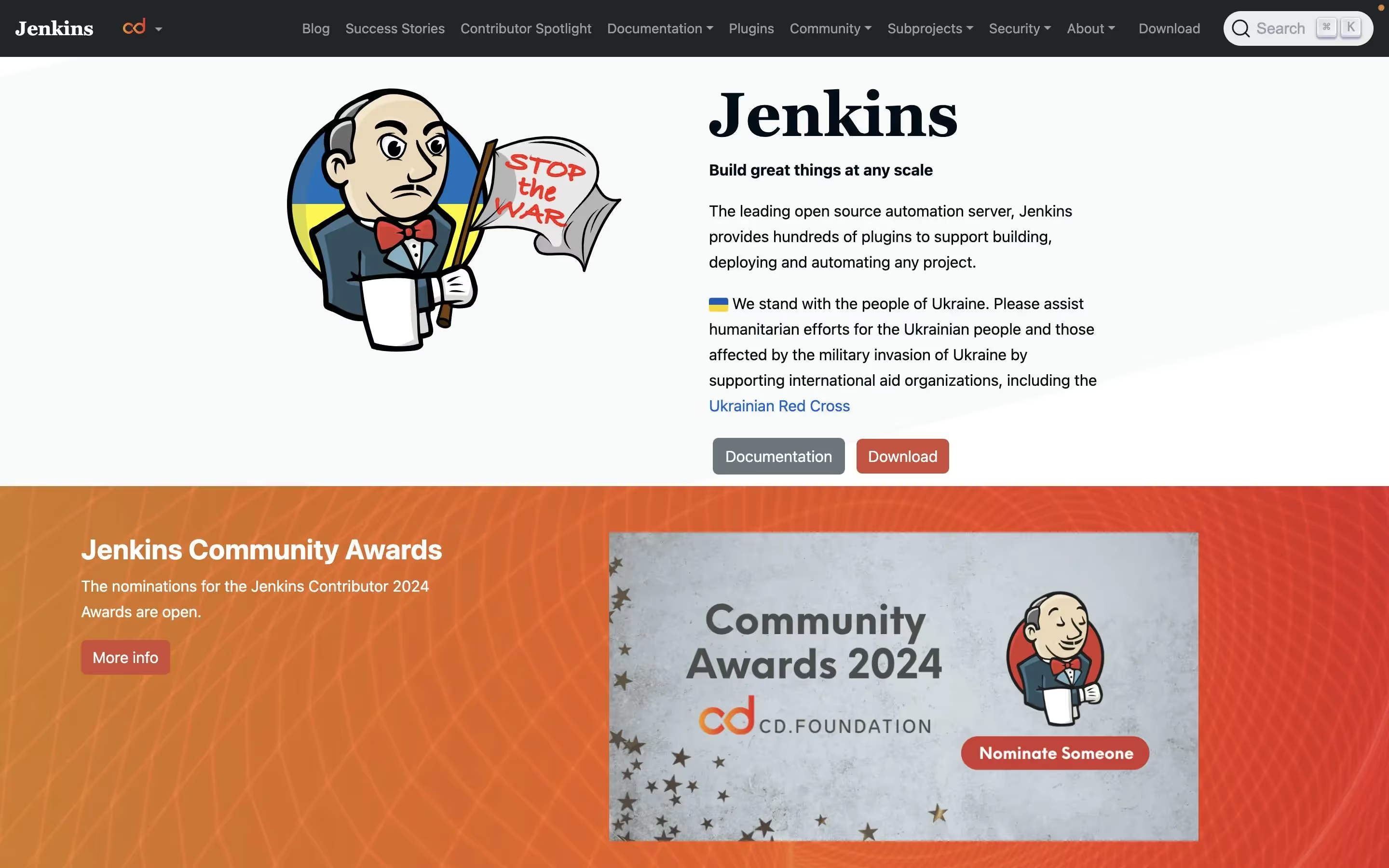
Jenkins is widely recognized as the pioneering open-source automation server that has significantly influenced the development and adoption of Continuous Integration/Continuous Deployment (CI/CD) practices. Its extensive plugin ecosystem is one of its most celebrated features, allowing users to extend its functionality in limitless ways to meet the specific demands of virtually any project.
This flexibility, combined with the platform’s open-source nature, makes Jenkins incredibly adaptable to different project requirements and development environments. The ability to automate a wide array of tasks, from building and testing to deployment, makes Jenkins a versatile tool for developers seeking to enhance efficiency and productivity in their software development processes.
8. Travis CI
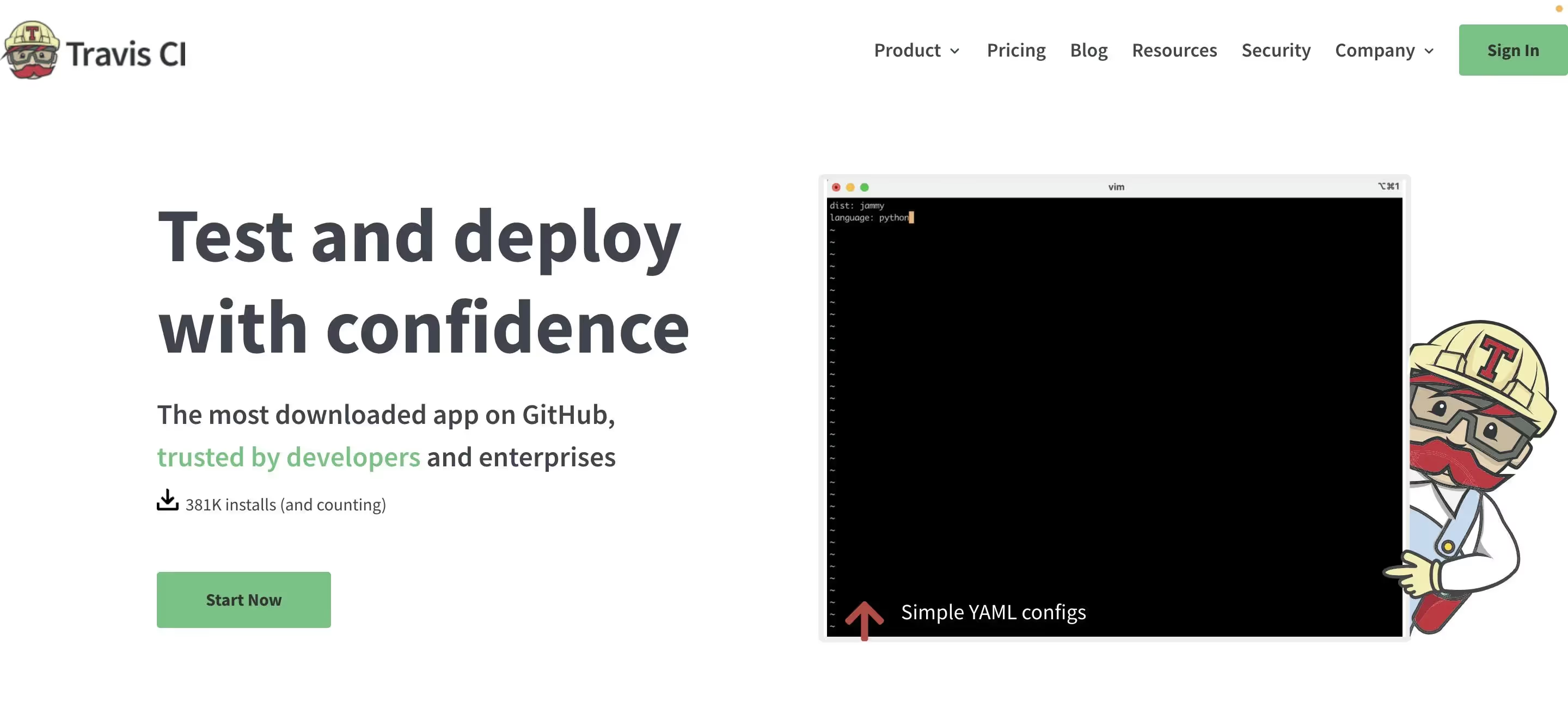
Travis CI is a prominent cloud-based continuous integration service that specializes in building and testing software projects. It is particularly noted for its seamless integration with GitHub and Bitbucket, allowing developers to easily synchronize their projects and automate their build and test processes upon every commit or pull request.
This integration simplifies the CI pipeline setup and enhances collaboration by linking code repositories directly with the CI process. Travis CI supports a wide array of programming languages and platforms, making it a versatile tool for developers seeking to implement CI practices. Its user-friendly interface and straightforward configuration via the
.travis.yml
file in the repository ensure that projects can be up and running with Travis CI in no time.
9. ArgoCD

ArgoCD is a dedicated continuous delivery tool for Kubernetes, focusing on enabling declarative setups and facilitating a GitOps approach to infrastructure management. It allows developers and operations teams to manage applications’ lifecycle in a Kubernetes cluster by using Git repositories as the source of truth for their deployment configurations.
ArgoCD's self-healing feature automatically corrects deviations from the desired state defined in Git, ensuring that the deployed applications are always in sync with their specified configurations. This approach not only simplifies the deployment process but also enhances security and traceability by leveraging Git's version control capabilities. ArgoCD's emphasis on a GitOps workflow makes it an ideal choice for teams looking to streamline their Kubernetes application management.
10. TeamCity
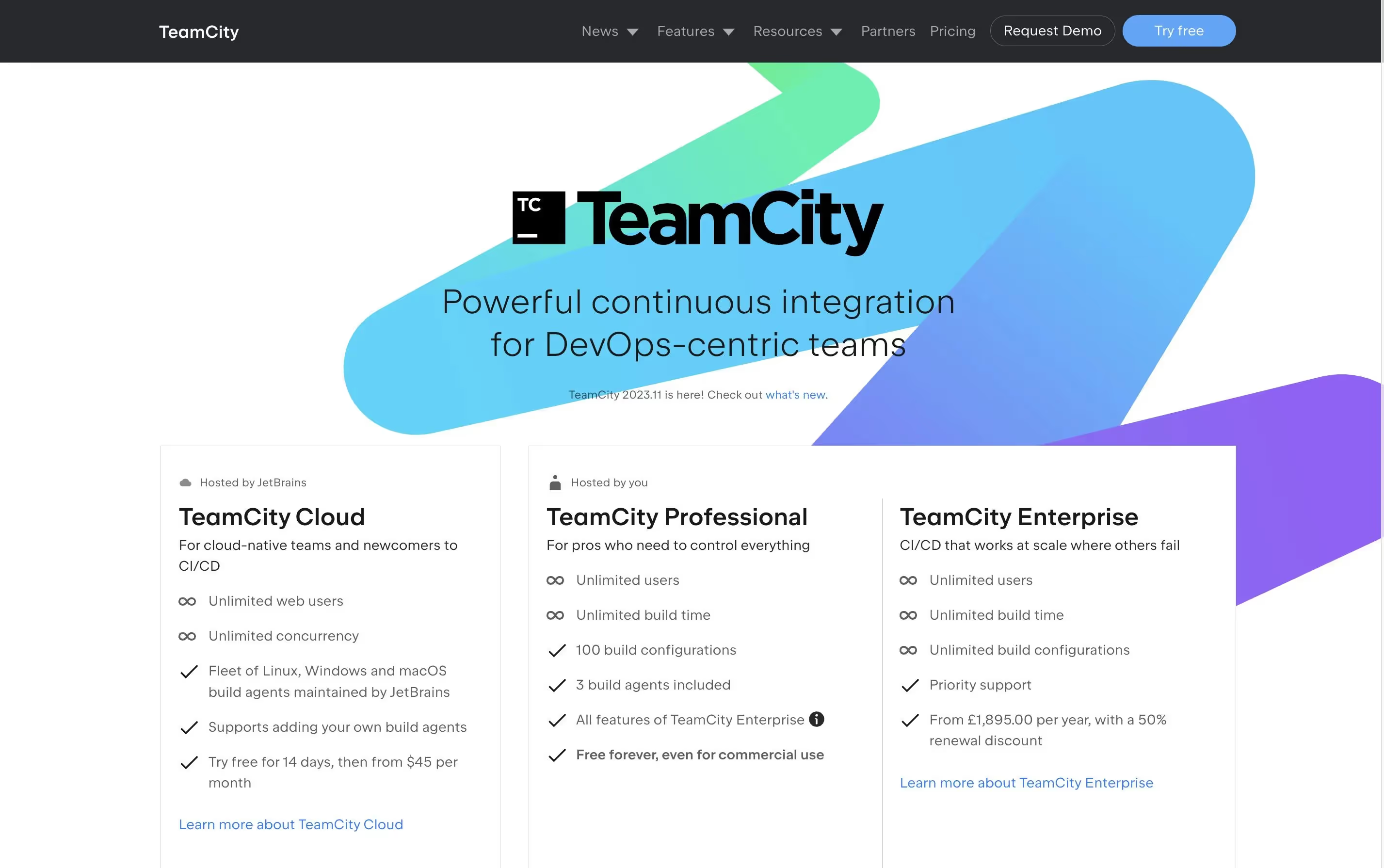
TeamCity by JetBrains is a powerful build management and continuous integration server that offers comprehensive features for automating the development and deployment processes. It supports a wide range of programming languages and development environments, making it a flexible choice for various types of projects. TeamCity’s customizable workflows and extensive plugin ecosystem allow for deep integration with a multitude of tools, including version control systems, testing frameworks, and deployment platforms.
Its user-friendly interface and detailed documentation facilitate easy setup and management of CI/CD pipelines, enabling developers to optimize their build processes, reduce integration issues, and improve the quality of their software. With TeamCity, teams have the tools they need to implement effective continuous integration practices, enhance productivity, and achieve faster release cycles.
Discover Why Developers and DevOps Teams Choose Qovery
As we conclude our journey through the top CI/CD tools, it's evident that the diversity and capabilities of these platforms are key to addressing the multifaceted challenges of today’s competitive software development. From the intelligent automation of Harness to the flexible, plugin-rich environment of Jenkins, each tool presents unique advantages.
However, Qovery stands out as a strong alternative by simplifying the complexities of CI/CD processes, especially in cloud environments. Its innovative approach to automating CI/CD tasks, coupled with the creation of ephemeral environments, accelerates development cycles and enhances collaboration.
This makes Qovery not just a tool but a transformative platform for developers seeking to streamline their CI/CD workflows with efficiency and precision. Its strengths contribute significantly to the ecosystem of CI/CD tools, helping teams smoothly handle the challenges of today’s fast-paced software delivery with confidence and agility.

Suggested articles
.webp)



.svg)
.svg)
.svg)


